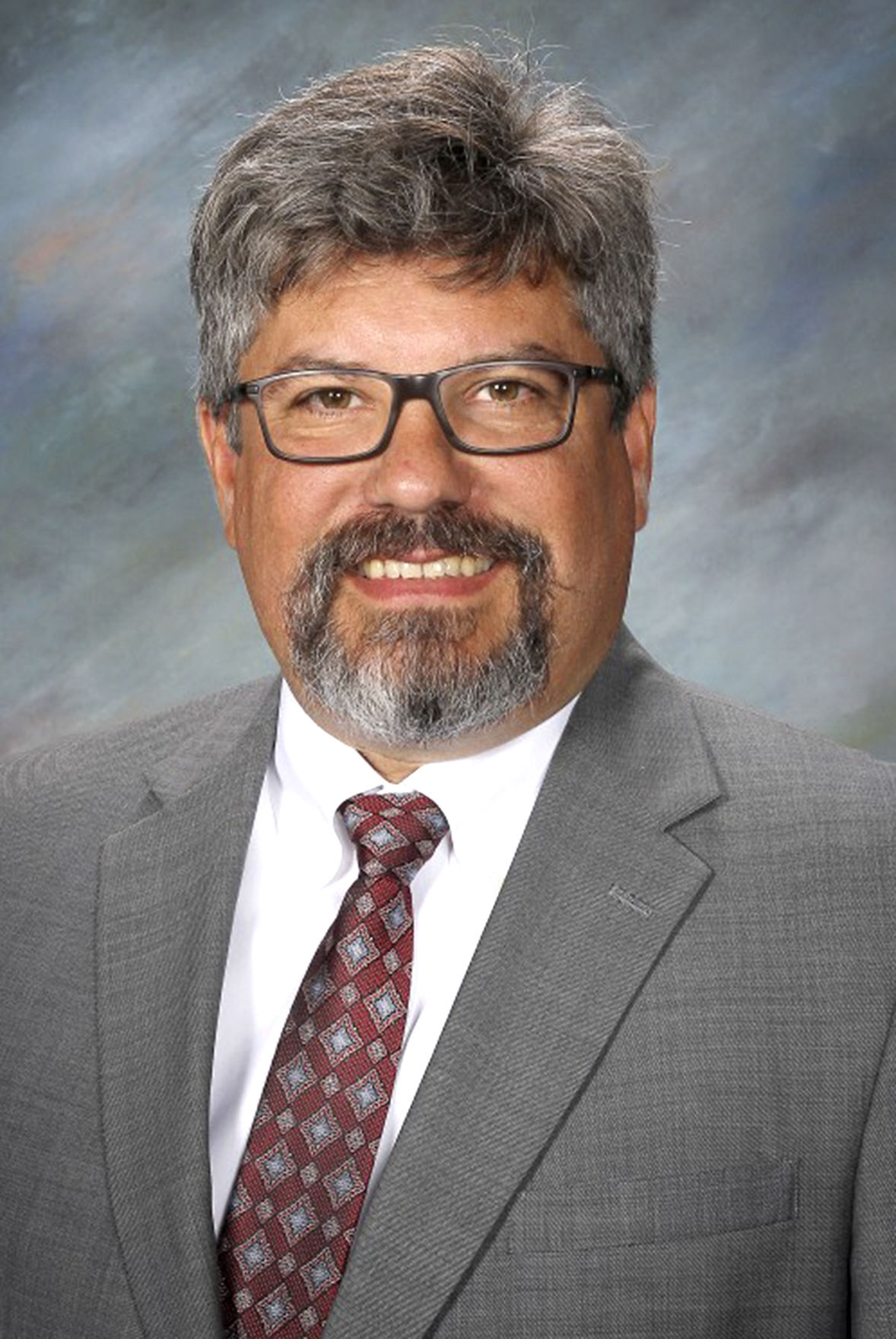Dubuque Community Schools leaders are partnering with a pair of local colleges in hopes of encouraging high school students to pursue careers in education.
That effort, in turn, could help head off future teacher shortages and further district efforts to diversify its workforce.
“We’re playing a little bit of a long game here, but we have an opportunity to prepare our students who want to be teachers to become a teacher and give them a head start,” said Mark Burns, the school district’s executive director of secondary education.
The district is working with Clarke University and Northeast Iowa Community College to launch an education pathway through which high school students could take college-level courses through both institutions that would prepare them for teaching degrees.
Students who take advantage of all the course offerings could graduate high school with as many as 51 college credit hours, with a mix of foundational-level education courses and general education credits.
“Why not get that pathway started earlier and allow them to do that in high school and get a lot of those credits completed so they only have two years when they come to Clarke?” asked Ellen Spencer, chairwoman and associate professor of education at the university.
She noted that nationwide, the number of students entering college planning to go into education has been declining, and she has seen a bit of that decline at Clarke, too. Offering the education pathway with the Dubuque school district helps expose students to teaching careers earlier than they might have otherwise, she said.
Burns likewise noted that the pathway supports efforts to combat declining numbers of people entering the education field. It also fits in with one of the district’s priority initiatives this year to work on efforts to diversify its staff.
“This is definitely a recruitment effort for that goal,” Burns said. “We hope that our students, after they go away to college, want to come back to Dubuque in lots of areas, … and we have that same hope for future teachers. We hope that they want to come back and become future teachers within our school district.”
Educators will begin offering the pathway next school year and will start reaching out to students this school year who might be interested in the program.
“We’ll target the students who have shown an interest in (education) … and begin to see some student interest in taking some of these classes that will help them down the road determine whether or not they want to be a teacher,” Burns said.
Burns said that in the future, district leaders would be open to partnering with other local colleges on the effort as well.


